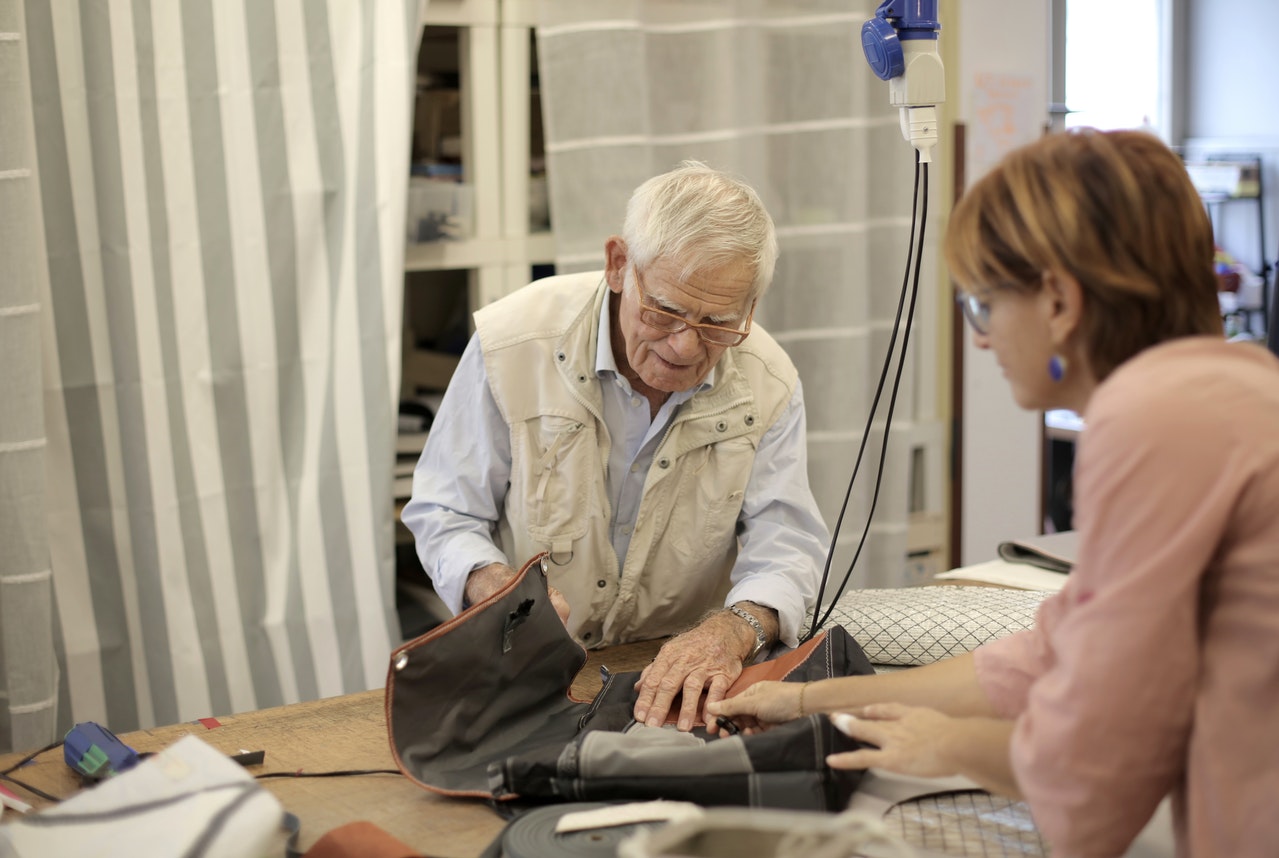Healthcare assistants (HCAs) play an important role in supporting medical staff and patients in wards and departments around hospitals. Healthcare assistants perform a variety of tasks to care for, encourage, and advise patients before and after surgery, during rehabilitation and in general healthcare settings. Importantly, HCAs interact and relay information to families with support from nursing colleagues and senior doctors. Although this role is well known in care homes, in the community and in doctor’s surgeries, HCAs are perhaps not given as much attention in hospital due to their tandem work alongside senior nurses, surgeons and specialists. The dynamicity of this role is crucial, as the individual expectations and responsibilities of the HCA changes in different contexts, but the ultimate goal is to always provide the best care and support to patients whilst maintaining a safe, efficient service.
As there is less medical responsibility with this role as opposed to other more complex roles like senior nurses and specialist, the HCA typically has a very patient focused outlook and is involved in maintaining the upkeep of personal wellbeing and even morale of patients. Whilst nurses perform tasks that are more complex such as catheter placement, specialist injections and wound care, HCAs regularly perform basic observations like temperature, oximetry and blood pressure readings. This role is very much centred around the comfort and wellbeing of patients and thus the HCA is vital in tasks like facilitating bathing, the using of commodes and bedpans and changing bedding on a regular basis. Although all hospital staff are kind, compassionate and warm, the HCAs really have a chance to shine and get to know patients on a deeper level for support. This is ever more vital in times of crisis like the pandemic, where visiting from family members has been limited and restricted.

Although many HCAs value their role and continue to work in hospital settings, there is a clear path for progressions for individuals who are looking to branch out from this career. Those HCAs in hospital settings may have been exposed to helping out with preventing bed sores, specialist foot conditions and other challenges. With extra training, it is possible for HCAs to progress to assistant practitioner in a range of roles, including podiatry, occupational therapy, radiography and other disciplines. The HCA is invaluable in these session for providing extra care to vulnerable patients and they facilitate the relationship between patients and specialists. Many HCAs do go on to begin formal training to gain a nursing qualification as well, with the HCA role giving experience to those looking to have a more intensive role on wards. There are also avenues for HCAs to progress to a more local service, like helping community nurses and matrons care for patients in their homes and in palliative care settings.
Many HCAs, seeing the affect they have on vulnerable patients, opt to progress to a bigger role in supporting patients in hospices. The personable nature, interpersonal skills and personal touch go a very long way in end of life care, and the HCA can provide a more non-clinical role for those facing terminal illness. More so, the HCA in these settings, who provide vital bathing care and other tasks have an important role to prevent secondary infections and other conditions which can complicate and shorten prognosis in terminal patients. Still, many HCAs prefer the hospital settings due to the diverse nature of patients, a different work day each day, and a high turnover of patients. In these settings, HCAs typically play a bigger role in rehabilitating and monitoring the quantitative and qualitative measures of wellbeing, health and disease.
